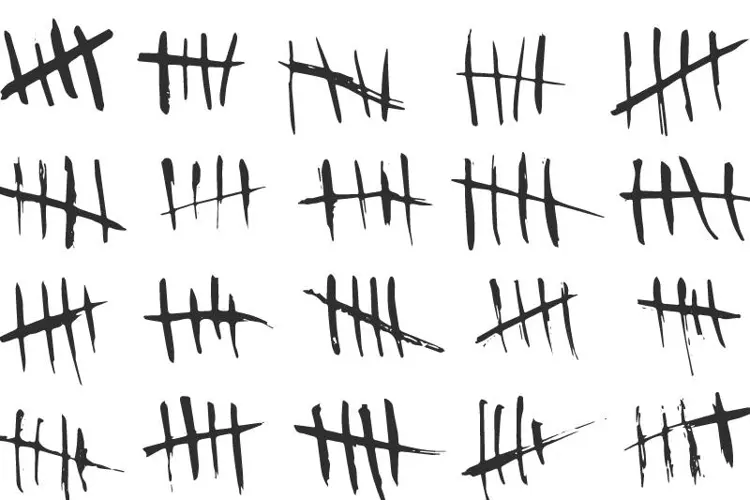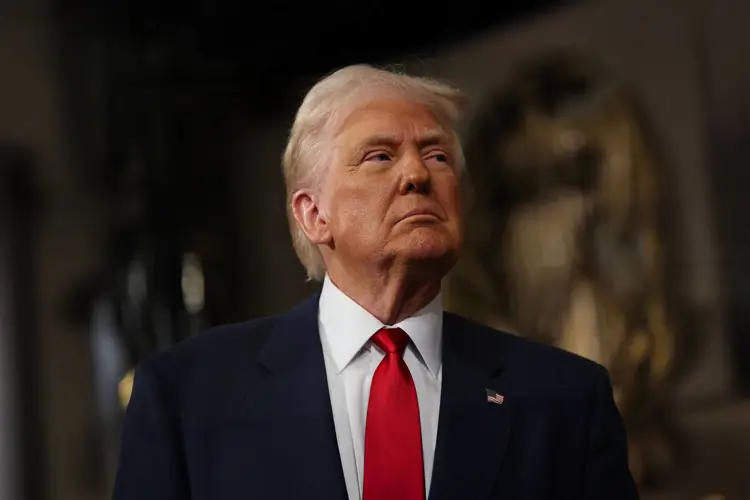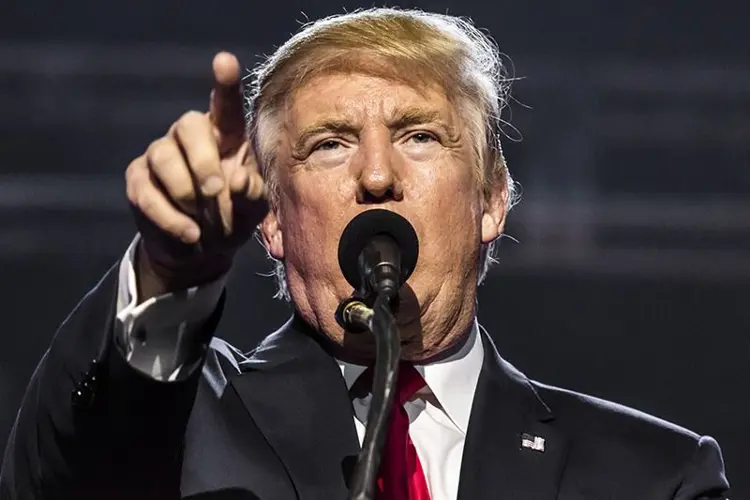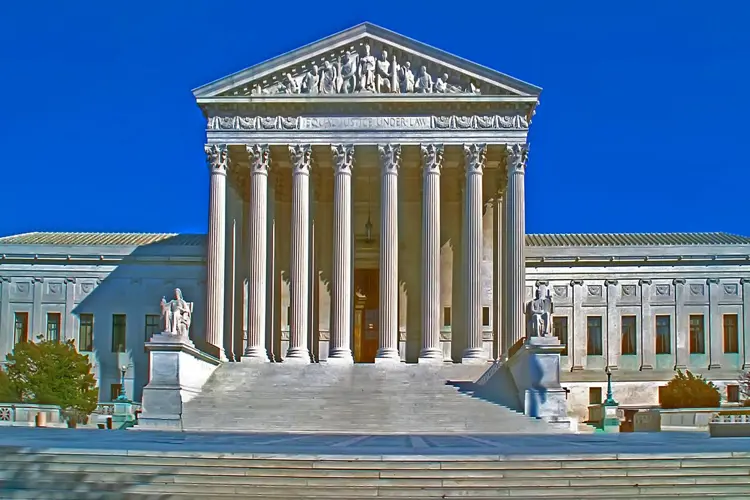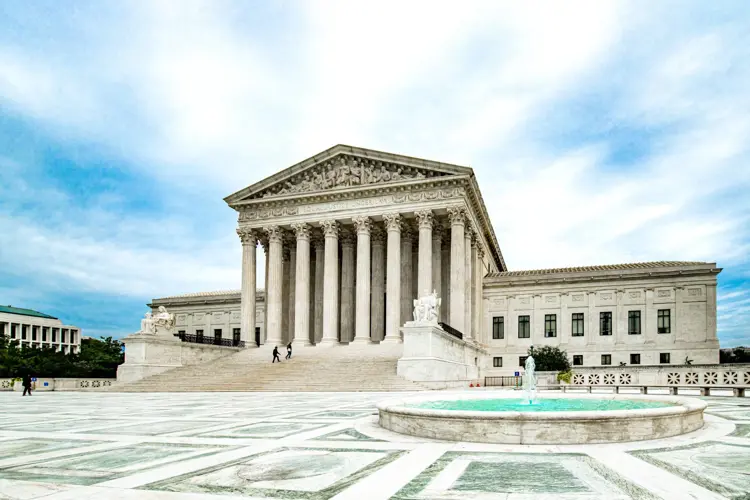May 21, 2021
New bills that would federally legalize cannabis will be introduced soon in both houses of Congress, with the House bill coming as early as next week. Marijuana Moment reports that the House bill is an updated version of the Marijuana Opportunity, Reinvestment and Expungement (MORE) Act, which passed the House last December but languished in the Senate.
The MORE Act would deschedule cannabis—remove it from the Controlled Substances Act—and make possession, use and sales of marjuana legal in all 50 states. Cannabis is currently legal in some states, but its legality depends on the U.S. Justice Department’s informal agreement not to enforce federal prohibition in those states—a position that could always change. The MORE Act would eliminate Drug Enforcement Administration (DEA) enforcement of the marijuana laws.
Last year’s version of the bill proposed adding a five percent federal tax to all cannabis sales, with the revenue going to communities impacted by the drug war. It also promised to expunge some cannabis convictions, and prevent deportation of immigrants accused of minor cannabis offenses. Those elements will presumably be included in the new version.
New York Democratic Representative Jerold Nadler, sponsor of the original MORE Act, intends to reintroduce the House bill soon. The revised bill will eliminate language from last year’s version that prevented people with previous cannabis convictions from applying for permits to operate cannabis businesses.
The new bill will also make it possible for people who have been harmed by the drug war to obtain Small Business Administration loans and other benefits when starting new businesses of any kind (not just marijuana businesses).
In the Senate, Majority Leader Chuck Schumer and Democratic members Cory Booker (New Jersey) and Ron Wyden (Oregon) have worked for months on a bill, which they say will be rolled out “very soon.” According to Schumer, the bill will prevent big alcohol and tobacco companies from dominating the market, and focus on restorative justice.
“We don’t want the big tobacco companies and the big liquor companies to swoop in and take over,” said Schumer. “The legislation we have will make sure that smaller businesses, businesses in communities of color, get the advantage because communities of color have paid the price for decades. They should at least get something back.”
Schumer and Wyden have been staunch opponents of nicotine vaping, denying the need for harm reduction for smokers and adopting the Campaign for Tobacco-Free Kids party line that vaping is a Big Tobacco trick to ensnare young people in a life of nicotine addiction. The arguments against vaping are similar to the ones used by a previous generation of politicians to justify the drug war.
The Freemax REXA PRO and REXA SMART are highly advanced pod vapes, offering seemingly endless features, beautiful touchscreens, and new DUOMAX pods.
The OXVA XLIM Pro 2 DNA is powered by a custom-made Evolv DNA chipset, offering a Replay function and dry hit protection. Read our review to find out more.
The SKE Bar is a 2 mL replaceable pod vape with a 500 mAh battery, a 1.2-ohm mesh coil, and 35 flavors to choose from in 2% nicotine.
Because of declining cigarette sales, state governments in the U.S. and countries around the world are looking to vapor products as a new source of tax revenue.
The legal age to buy e-cigarettes and other vaping products varies around the world. The United States recently changed the legal minimum sales age to 21.
A list of vaping product flavor bans and online sales bans in the United States, and sales and possession bans in other countries.








